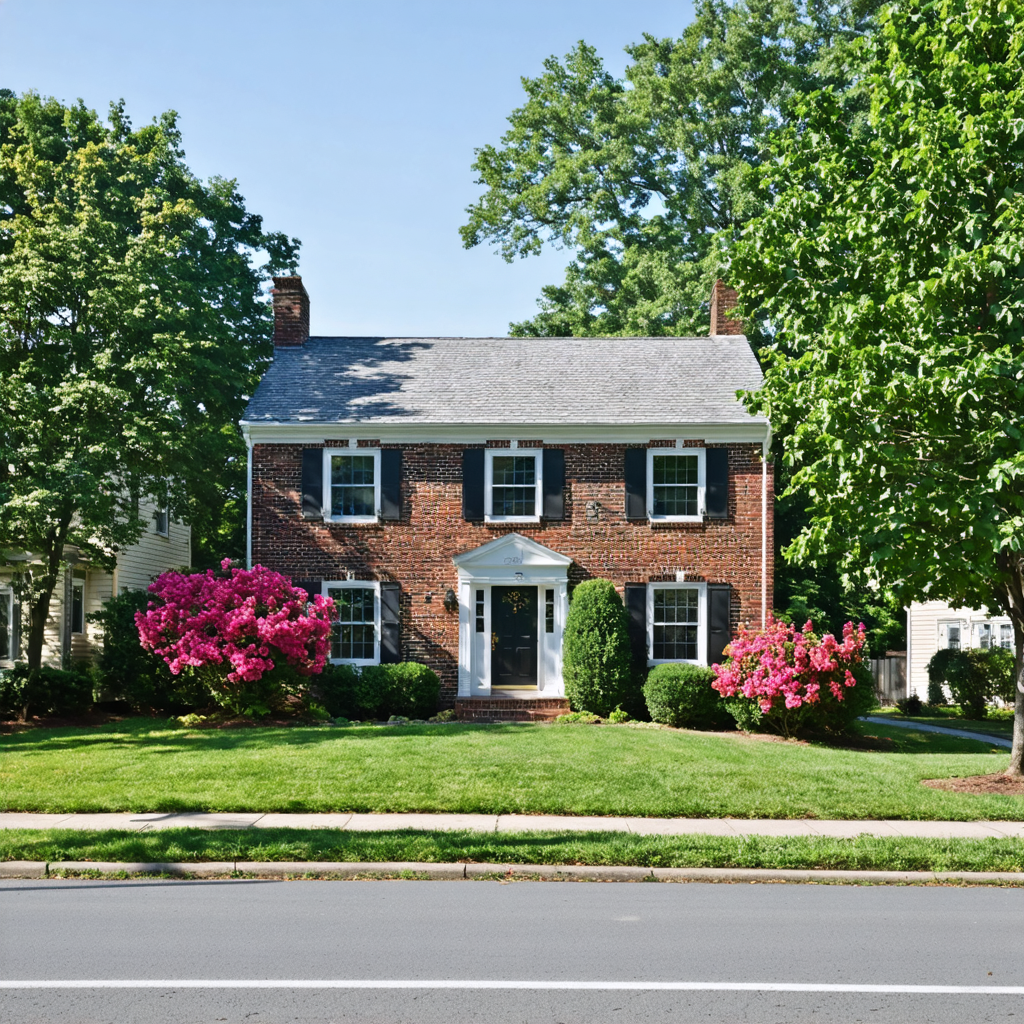
Your Essential Home Showing Checklist for Charleston Buyers
Embarking on the journey of buying a home in historic Charleston? You’re in for a treat! The city’s marvelous architecture and charm make it a thrilling experience, but it also means you’ll face a competitive market. Your dream home could attract multiple offers in no time. So, how do you navigate this exciting yet challenging landscape? By being prepared! In this article, we’ll share a comprehensive buyer’s checklist—essential elements to inspect during any home showing.
Diving into the Unique Charleston Real Estate Market
The Charleston real estate market is one-of-a-kind, blending rich history with today’s conveniences. Here, homes are often steeped in tradition, showcasing everything from colonial motifs to stunning contemporary updates. It’s essential for buyers to stay informed about local market dynamics. Knowing when to strike and how much to bid can mean the difference between sealing the deal or watching your ideal home slip away.
As you gear up for your home showings, take a minute to familiarize yourself with average pricing across various neighborhoods. The price tags can vary widely! Consult local real estate listings or enlist the help of a savvy agent who can offer insights on the hottest spots that fit your budget and lifestyle.
Key Features to Inspect When House Hunting
As you step into a potential home in Charleston, keep an eagle eye on these vital features:
- Structural Integrity: Look for any visible cracks in the walls, floors, or ceilings. They might signal significant structural issues that need your attention.
- Roof Condition: Give the roof a careful once-over. Check for signs of wear, missing shingles, or water damage—roof replacements can be a real budget buster!
- Windows and Doors: Test those windows and doors out! Make sure they open and close smoothly and check if they’re sealing properly to keep energy bills in check.
- Plumbing and Electrical: Verify the functionality of the plumbing fixtures. It’s also wise to inspect the age of the electrical systems. Keep an eye out for leaks or outdated wiring that could pose future difficulties.
- HVAC Systems: Assess the heating and cooling systems. Are they adequately serviced and operating effectively? These are key components of comfort!
- Basement and Attic: Don’t skip the basement or attic. Check for dampness, insulation quality, and overall condition—these spaces can reveal a lot about a home’s structure.
Crucial Questions to Ask the Listing Agent
Armed with your checklist and your sharp eye, it’s time to chat with the listing agent. Here are some pivotal questions that can uncover important information:
- What is the age of the roof and major systems? Knowing the lifespan of essential systems helps gauge upcoming repair costs.
- Why are the sellers moving? This can shed light on the home’s appeal or any undisclosed issues that may lie beneath the surface.
- What renovations have been made? Understanding the scope of any renovations will help assess the home’s true value and potential risks of buying a flipped property.
- What are the average utility costs? Be clear on the ongoing living expenses that come with the home beyond just the mortgage.
- Are there HOA fees or rules? It’s important to learn about any homeowners’ association costs or regulations that could impact your lifestyle.
Assessing the Neighborhood and Community Vibe
While the property itself is vital, don’t overlook the neighborhood where you’re considering buying. The right neighborhood can enhance your quality of life significantly. Here’s what to keep in mind:
- Local Amenities: Take stock of nearby schools, grocery stores, parks, and recreational facilities. Proximity to these can affect your day-to-day living and, ultimately, your home’s resale value.
- Crime Rates: Understanding the area’s safety statistics is key. Lower crime rates often correlate with better resale values.
- Future Developments: Research any upcoming developments or infrastructure projects. These could impact property values—either positively or negatively.
- Community Vibe: Spend some time walking around and chatting with locals. Feeling the neighborhood’s energy can inform your decision.
Final Thoughts Before Making an Offer
After your showing and armed with valuable insights, it’s time to make a compelling offer. Before you do, consider the following:
- Market Comparisons: Look at similar homes that have sold recently to ensure your offer is competitive but fair.
- Inspection Findings: If any potential problems surfaced during your inspection, factor in those repair costs when formulating your offer.
- Contingencies: Think about including contingencies in your offer—like a home inspection clause—to provide breathing room for negotiations if issues emerge later.
- Timing: In a bustling market like Charleston, timing is critical. Be ready to act swiftly and confidently to land your dream home.
Conclusion
Never underestimate the importance of a meticulous evaluation during home showings in Charleston. From grasping the overall market conditions to having a keen eye for key features, each element is vital for making a smart buying decision.
Stay proactive in learning about the community, ask the right questions, and trust your instincts as you hunt for your perfect home. The Charleston real estate market is undeniably competitive, so approaching the buying process with the right knowledge and confidence is absolutely crucial.
For a smooth home-buying journey, think about teaming up with a local real estate expert—they can provide guidance at every twist and turn. To further enhance your preparation, you may want to refer to our home buying checklist for a more detailed view on what to prioritize, and be sure to learn about red flags to watch for during inspections. Don’t forget to check out our tips on how to go house hunting like a pro to make the most of your home search!

